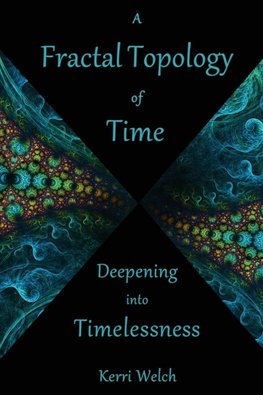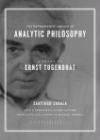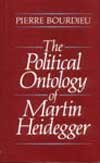
-
 Anglický jazyk
Anglický jazyk
A Fractal Topology of Time
Autor: Kerri I Welch
This book will challenge how you think about time.
Any complete understanding of the universe must include an understanding of time. Yet, so far, no theory describes our experience of time. Physics can no longer purport a theory of everything...
Viac o knihe
Na objednávku, dodanie 2-4 týždne
27.81 €
bežná cena: 30.90 €
O knihe
This book will challenge how you think about time.
Any complete understanding of the universe must include an understanding of time. Yet, so far, no theory describes our experience of time. Physics can no longer purport a theory of everything yet ignore human consciousness. Any complete theory must address consciousness. Likewise, any theory of consciousness must account for how it interacts with spacetime. Understanding time demands a reckoning between cosmology and consciousness.
Physics describes time as spatialized, static, and reversible, while we experience time as textured, flowing, and unidirectional. Reconciling these two perspectives demands a richer understanding of time. No model is better suited to capture time's quantitative and qualitative aspects than the cyclicity, creativity, and infinite depths of fractals. Fractals offer a mathematical model with room for internal richness. Nature inhabits space as branching tree canopies, watersheds, and jagged mountain vistas utilizing multiple levels of scale. What if time follows similar patterns?
We experience time as a tension between frequencies. When aligned we experience timelessness. When misaligned or out of sync, time gains density. We contain a vast spectrum of frequencies from the fastest brain waves frequencies to our slowest breath rate. A fractal model of time attends to relationships between these frequencies or scales of time. For example, EEG brain wave states reveal a fractal, power law signature across their frequencies.
As internal frequencies grapple to lock in with external frequencies, our experience of time emerges as a tension between them. The neurotransmitter dopamine drives internal brain frequencies. So, variations in dopamine levels show up as variations in the temporal experiences associated with aging, ADHD, and schizophrenia. Our experience of time emerges as a tension between frequencies. Fractals do not smooth over these differences of scale, but rather acknowledge them as building the density of a structure, the structure of time.
Possibilities for how to conceptualize a fractal time come from astrophysicist Laurent Nottale and theorist Susie Vrobel. To connect consciousness and physics Welch brings in the model of quantum consciousness as devised by physicist Roger Penrose and anesthesiologist Stuart Hameroff. By interweaving these models with insights from relativity, quantum mechanics, the second law of thermodynamics, neurology, and philosophy, Welch offers a solid foundation from which to contemplate fractal time. This interdisciplinary approach weaves an integral understanding of time.
In this model, time deepens into timelessness as energy folds back on itself in repeating cycles building matter, building time. Time deepens into the timeless present through the data compression of memory. The direction of time is in, in every direction. The complexity of our lives unfurl in the intertwining interface of time and timelessness. You are built of time.
- Vydavateľstvo: Fox Finding Press
- Rok vydania: 2020
- Formát: Paperback
- Rozmer: 229 x 152 mm
- Jazyk: Anglický jazyk
- ISBN: 9781734576207









 Ruský jazyk
Ruský jazyk 


